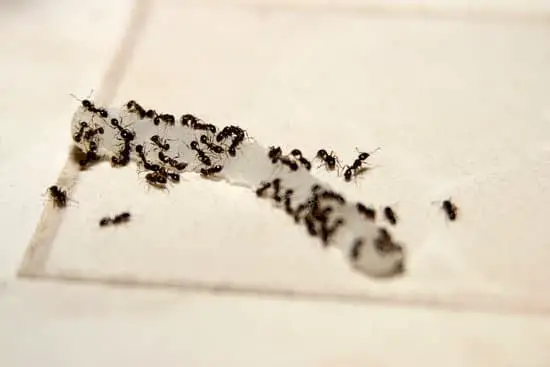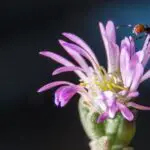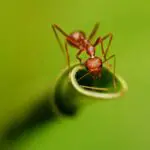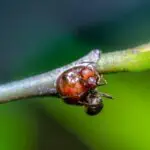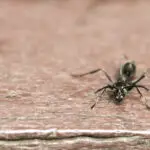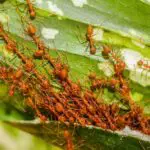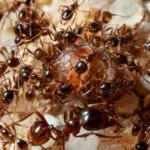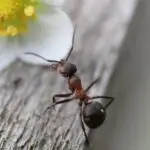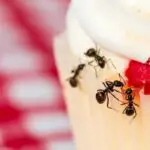How Can Ants Help Humans?
Despite their irritating appearance, ants have an impressive impact on the environment. They carry seeds into new areas, carry out important processes such as seed dispersal, and improve soil quality. In addition, some species act as biological control agents. In some cases, ants can carry 100 times their own body weight.
Scientists are beginning to rely on ants as indicators of ecological restoration. One of the first scientists to use ants as ecological indicators was Jonathan Majer, a retired conservation professor at Curtin University. He visited Alcoa’s mine pits in Western Australia to assess the company’s efforts to revise its mining practices.
Ants are also helping scientists assess the efficacy of ecological restoration. Scientists are testing whether or not certain ants could be used to repopulate depleted ecosystems. In particular, they are looking at the ant’s ability to help in the decomposition of plant and animal matter. In addition to removing the organic matter, ants improve the quality of soil by redistributing nutrients and exuding carbon dioxide.
One ant colony can number in the hundreds of thousands. Some of these colonies are more diverse than others, with colonies in the southern hemisphere showing more variation. A 2009 study also found that ants have a bigger impact on the ecosystem in the Southern Hemisphere than in the Northern Hemisphere.
In fact, ants are among the most social animals on Earth. Their collective decisions are based on algorithms that are similar to those in other natural systems that do not have central control.
